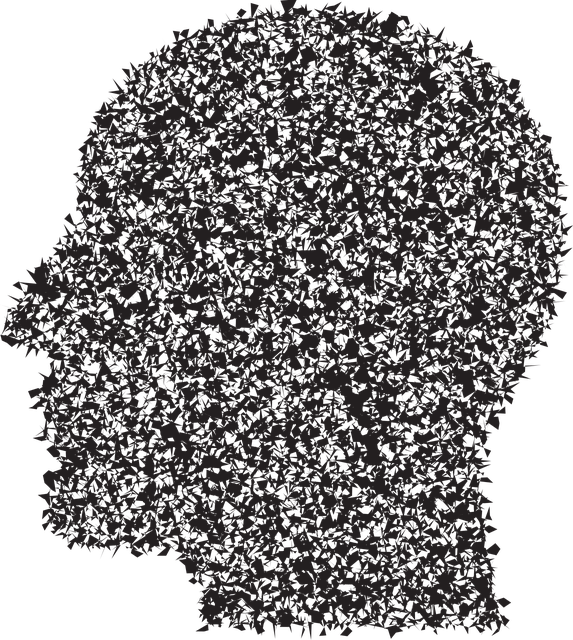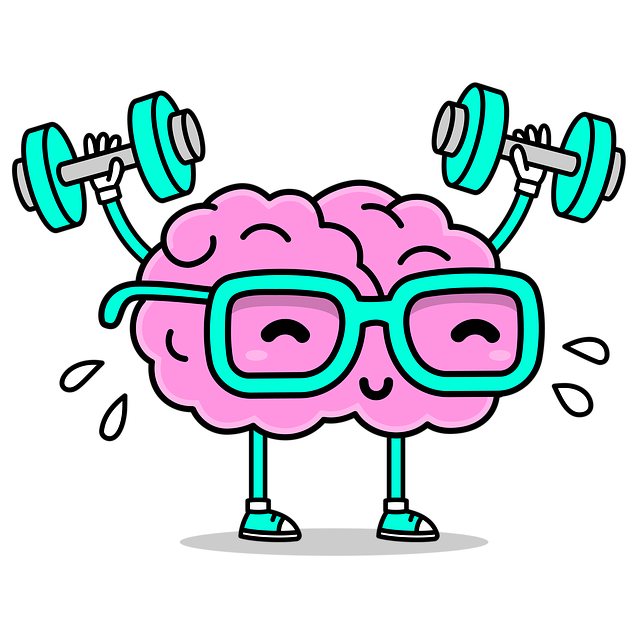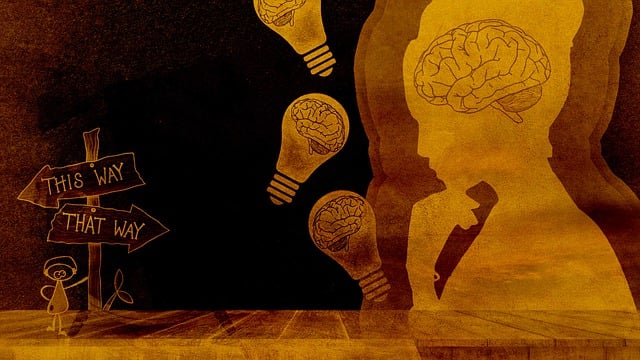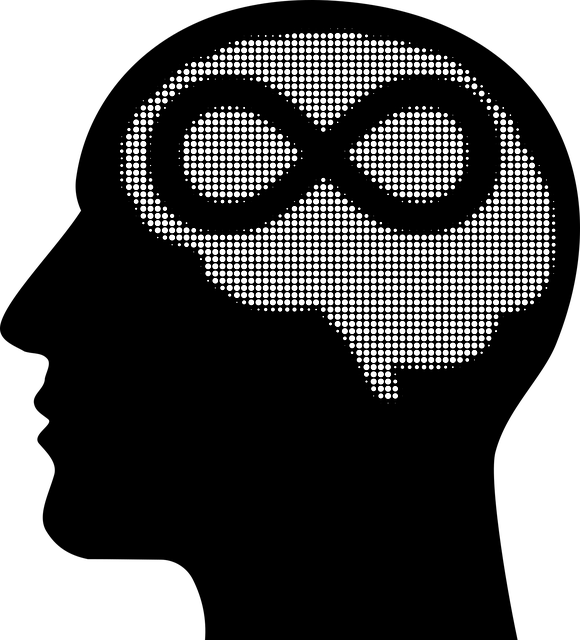Lone Tree Hebrew Speaking Therapy offers culturally sensitive mental health support tailored to Hebrew-speaking individuals, combining traditional therapy with a deep understanding of Hebrew culture for enhanced clinical effectiveness and inclusivity. They utilize diverse assessment techniques, including structured interviews, observations, and standardized questionnaires, to track key mental health indicators like anxiety, depression, and stress levels. Their data-driven approach allows for targeted interventions and continuous program refinement, promoting enhanced well-being and reducing symptoms through effective resource allocation and burnout prevention strategies.
“Unveiling effective mental wellness program evaluation is crucial, especially within diverse therapeutic settings. This article explores a unique approach, the Lone Tree Hebrew Speaking Therapy, offering a culturally sensitive mental health service. We delve into assessment techniques, emphasizing outcome evaluation methods to measure success.
Furthermore, we discuss the importance of continuous improvement through feedback loops and data analysis, ensuring optimal program design. By combining these strategies, mental wellness initiatives can be refined for maximum impact, catering to diverse populations.”
- Understanding Lone Tree Hebrew Speaking Therapy: A Unique Approach to Mental Health
- Assessment Techniques for Evaluating Wellness Programs
- Measuring Success: Outcome Evaluation Methods
- Continuous Improvement: Feedback Loops and Data Analysis for Optimal Program Design
Understanding Lone Tree Hebrew Speaking Therapy: A Unique Approach to Mental Health

Lone Tree Hebrew Speaking Therapy offers a distinctive and specialized approach to mental health support, catering specifically to individuals within the Hebrew-speaking community who may face unique cultural barriers when seeking therapy. This therapeutic model recognizes the significance of cultural context in fostering effective treatment. By providing services in their native language, Lone Tree aims to enhance accessibility and create a safe, non-judgmental space for clients to explore their mental wellness journey.
The program’s uniqueness lies in its ability to merge traditional therapeutic practices with a deep understanding of Hebrew-speaking culture. This approach ensures that the needs of clients are addressed not only from a clinical perspective but also by considering the specific challenges and strengths inherent within their cultural framework. As a result, Lone Tree Hebrew Speaking Therapy not only boosts confidence through mental wellness coaching programs but also develops cultural competency among healthcare providers, creating a more inclusive environment for all participants.
Assessment Techniques for Evaluating Wellness Programs

Evaluating mental wellness programs requires a multifaceted approach to ensure their effectiveness and impact on participants’ lives. One crucial aspect is utilizing diverse assessment techniques that go beyond self-reporting. At Lone Tree Hebrew Speaking Therapy, for instance, therapists employ a range of tools such as structured interviews, observations, and standardized questionnaires to gain comprehensive insights into clients’ emotional states and progress over time. This holistic method allows for the identification of specific areas of improvement and tailored interventions.
The assessment techniques employed should also facilitate the tracking of key mental health indicators, including symptoms of anxiety and depression, stress levels, and burnout prevention metrics. By integrating these measures into program evaluations, therapists can better understand the emotional healing processes at play. This data-driven approach enables them to make informed adjustments, ensuring that wellness programs effectively address participants’ needs, ultimately contributing to enhanced well-being and reduced symptoms like anxiety relief.
Measuring Success: Outcome Evaluation Methods

Measuring Success: Outcome Evaluation Methods
The effectiveness of a mental wellness program can be accurately assessed through outcome evaluation methods that focus on the tangible changes and improvements in participants’ lives. At Lone Tree Hebrew Speaking Therapy, we utilize various tools to gauge success beyond mere attendance or participation. These include standardized questionnaires, interviews, and self-reported measures that capture shifts in symptoms, functioning, and overall mental wellness. By comparing pre- and post-program data, therapists can identify specific areas of improvement, pinpoint challenges, and tailor interventions accordingly.
Outcome evaluation provides a robust framework for understanding the real-world impact of mental wellness coaching programs development. It not only enhances accountability but also serves as a powerful tool for program refinement and growth. Promoting mental health awareness through evidence-based outcome evaluation ensures that resources are allocated effectively, benefiting individuals seeking support and fostering a healthier community overall.
Continuous Improvement: Feedback Loops and Data Analysis for Optimal Program Design

At Lone Tree Hebrew Speaking Therapy, continuous improvement is a cornerstone of our mental wellness program evaluation methods. We believe that feedback loops and data analysis are essential tools to ensure optimal program design. By regularly gathering input from both clients and healthcare providers, we identify areas for enhancement and adapt our strategies accordingly. This iterative process allows us to stay aligned with the evolving needs of our community.
Incorporating Healthcare Provider Cultural Competency Training and Self-Awareness Exercises into our evaluation framework further strengthens our approach. We recognize that burnout prevention is a crucial aspect of maintaining a healthy work environment, which in turn positively impacts client care. Through data-driven insights, we can refine our interventions, making them more effective and tailored to the diverse needs of our clients.
Evaluating mental wellness programs is paramount in ensuring their effectiveness, and methods like Lone Tree Hebrew Speaking Therapy offer innovative insights. By combining assessment techniques with outcome evaluation and data analysis, as outlined in this article, we can optimize program design. Continuous improvement through feedback loops is essential to meet the unique needs of individuals seeking mental health support, ultimately fostering better wellness outcomes.














